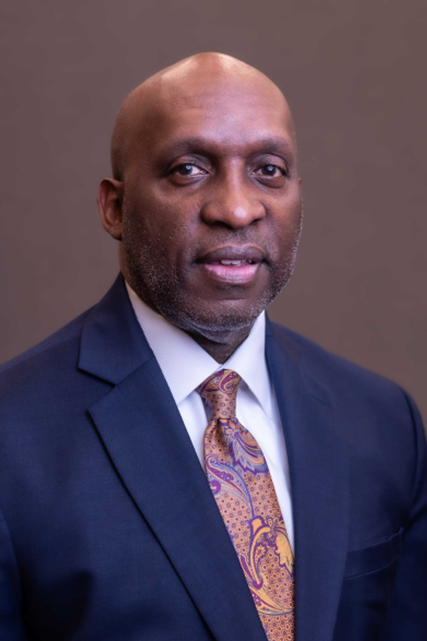Undocumented students may once again battle for the right to an affordable higher education if three Texas Legislative hopefuls capture seats at the Capitol in November.
Kelly Hancock (R-Fort Worth), Larry Taylor (R-Friendswood) and Ken Paxton (R-McKinney), three state representatives vying for re-election to seats in the Texas Legislature, told The Texas Tribune’s Evan Smith Thursday they oppose offering undocumented students in-state tuition rates. UT’s approximately 600 undocumented students currently pay in-state tuition through Texas’ DREAM Act, signed by Texas Gov. Rick Perry in 2001.
Hancock, who currently serves in the Texas House of Representatives, said he would vote against in-state tuition for undocumented students. In order to qualify for in-state tuition rates in Texas, students must have lived in Texas for at least three years, graduated from a Texas high school, signed an affidavit promising to apply for citizenship and be pursing a degree. Hancock also said a parent’s illegal acts impacts their children.
“It’s a supply and demand issue,” Hancock said in the interview. “My difficulty is condoning illegal activity and putting a stamp of approval on it.”
Mechanical engineering senior Javier Huamani is undocumented and part of UT’s University Leadership Initiative, a student-run organization that promotes education for undocumented students on the UT campus. ULI formed in 2005 and has partnered with local, state and national organizations in support of the federal DREAM Act.
The act, which stands for Development, Relief and Education for Alien Minors, would grant citizenship to undocumented students if they display good moral character, are working toward a college degree or are serving in the U.S. military.
“The fact of the matter is children like me that were brought here not by choice were victims of circumstance,” Huamani said. “I would never blame my parents. They believed I should have a better life and a better future.”
Citizenship aside, Huamani says he considers Texas his home.
“If you did not ask me if I was undocumented, you would never know,” Huamani said. “I go to class, I study hard, I am messy in my room, I am an engineer, I like to play music. Essentially, I am an individual.”
Paxton, who was elected to the Texas House of Representatives in 2002, said the limited funding Texas has to allocate to education should go to citizens first.
“I would love it if we could pay for college education for anyone in the world that wanted to come to Texas, whether they are from Mexico or Europe or Japan,” Paxton said in the interview. “It is not that I do not care about those children, it is because we only have so many dollars.”
Teri Albrecht, the director of International Student and Scholar Services at UT, said any student should be able to gain the skills they need for their chosen profession. She said undocumented families who have established residency in Texas pay taxes and live here like any other citizen, and providing them with adequate education helps the state’s economy.
“My experience with undocumented students is that they are in these professions that are giving back to society,” Albrecht said. “When we oppress people to the point that they can not have skilled jobs, or even hold jobs, we are creating a level of people that are not allowed to further themselves.”
Taylor, a Texas Representative since 2003, said undocumented students’ tuition rates are a small component of a bigger issue.
“We have a broken immigration system in this country,” Taylor said in the interview. “We need a system where people can work, but we have to know who they are.”
Hancock, Taylor and Paxton did not return requests for comment. The 2013 Legislative session begins Jan. 8, 2013.




















